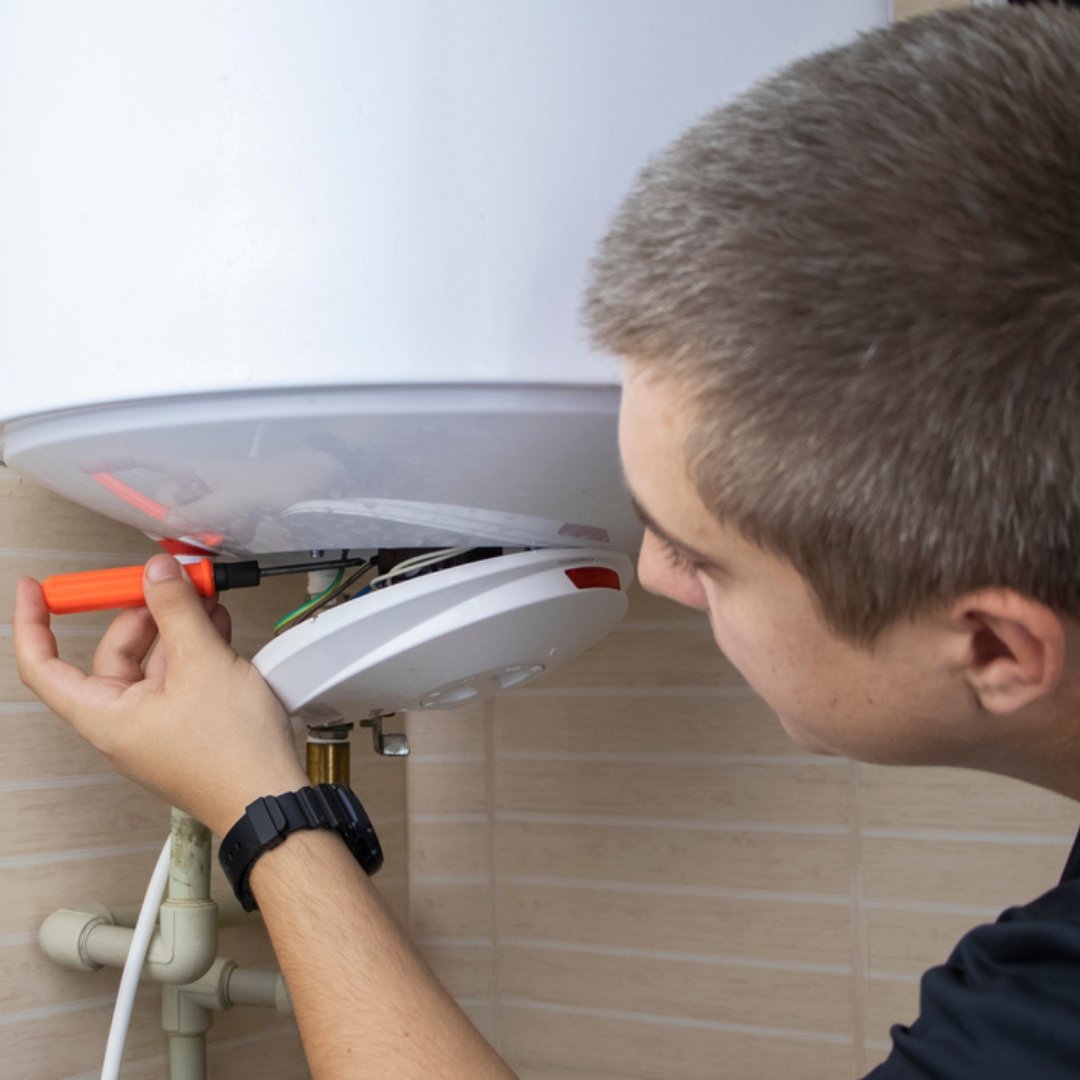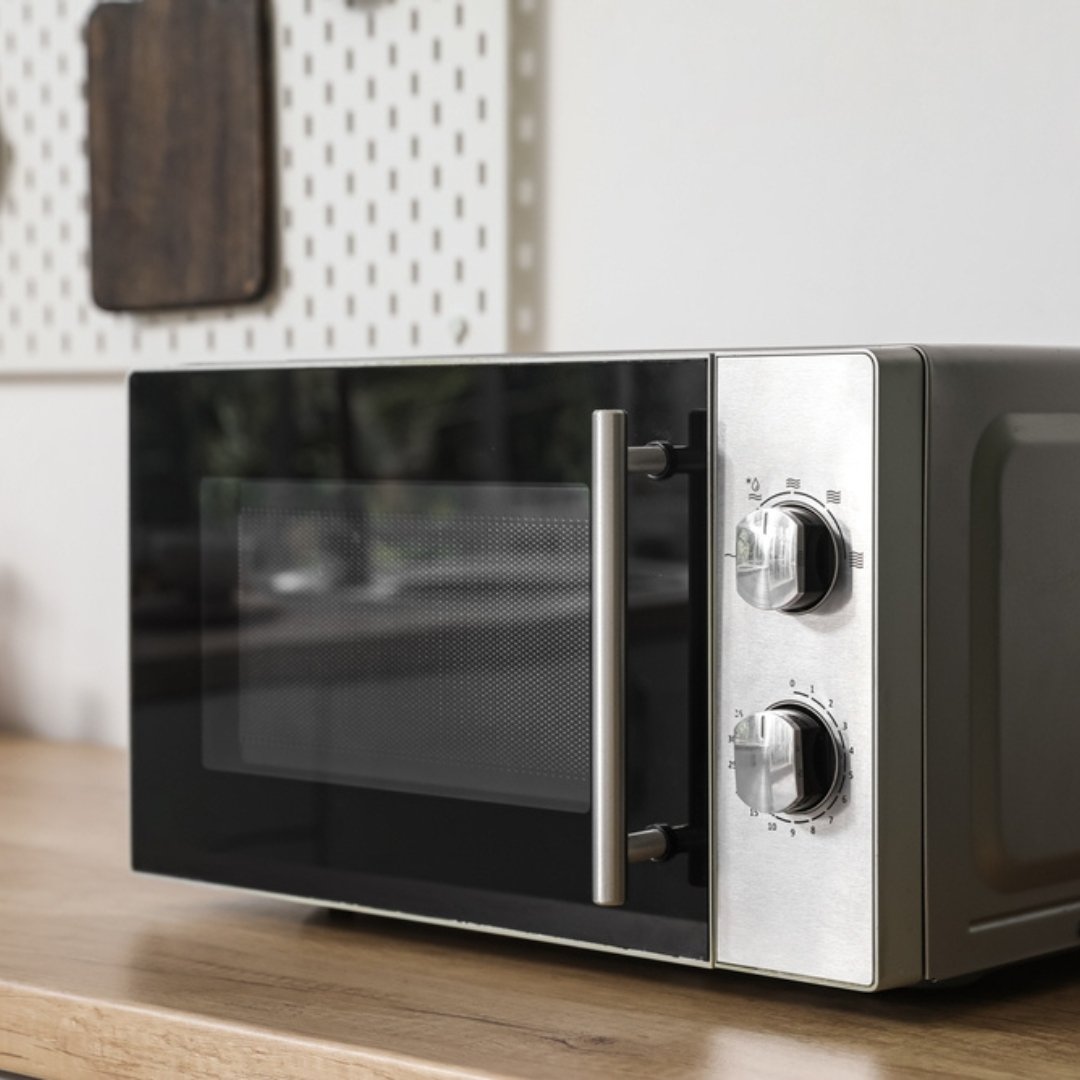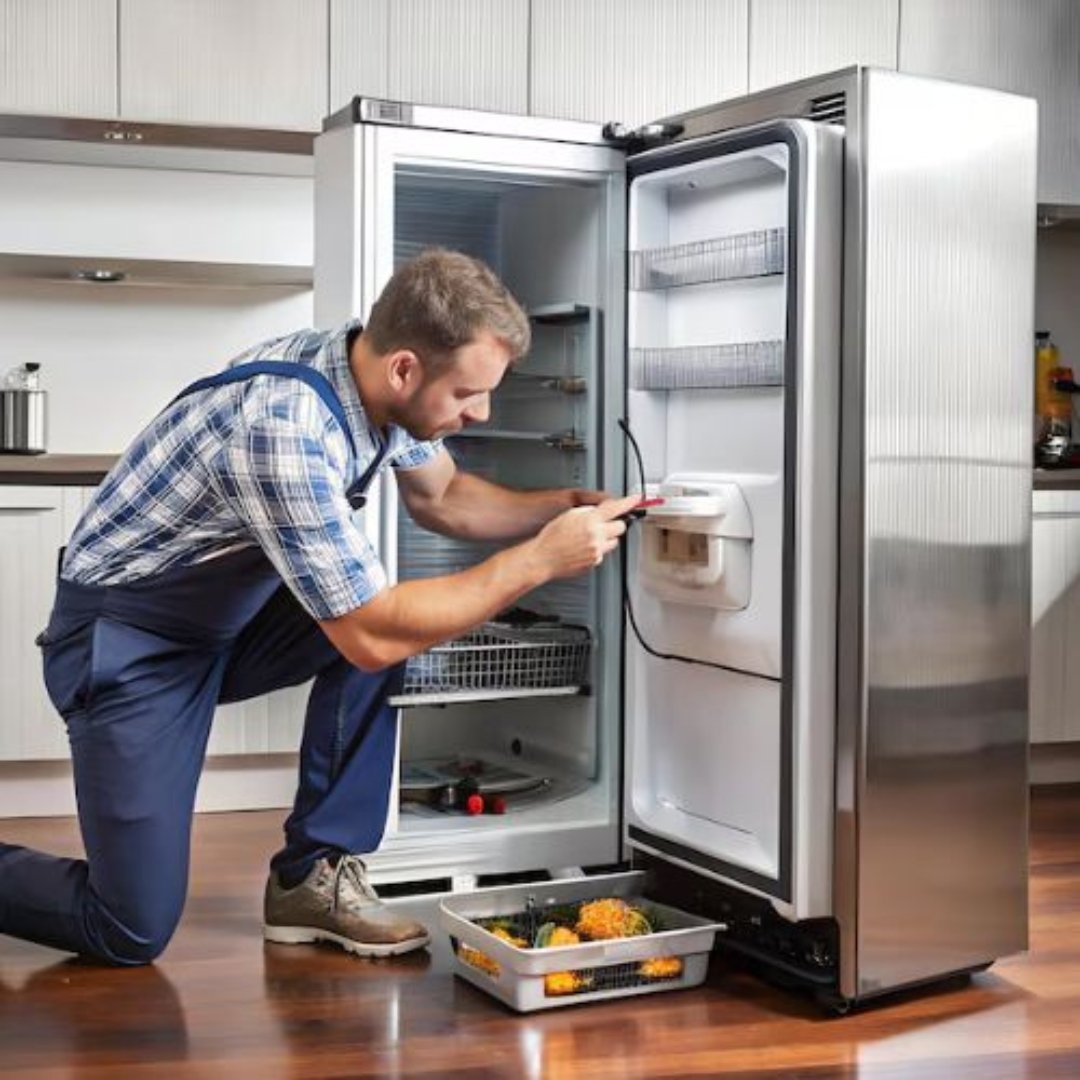What Is Microwave Leakage Testing and Why Is It Important?
In today’s fast-paced lifestyle, microwave ovens are indispensable — found in homes, offices, restaurants, hospitals, and industrial kitchens. They help us prepare and reheat meals quickly, efficiently, and conveniently. However, what most users don’t realize is that microwaves can pose serious safety risks if they develop faults — especially radiation leakage.
That’s where Microwave Leakage Testing comes in. It’s a crucial safety procedure designed to detect unsafe levels of microwave radiation escaping from a microwave oven. At SafeTag, we specialize in providing professional testing and tagging services across New Zealand, ensuring that your electrical appliances — including microwaves — are operating safely and in compliance with regulatory standards. To Know More Click Here
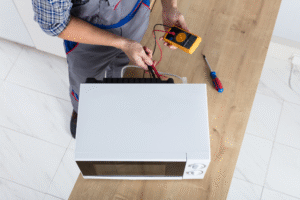
What Is Microwave Leakage Testing?
Microwave ovens work by generating electromagnetic radiation at microwave frequencies, typically around 2.45 GHz, to heat food. These waves are safely contained within the metal enclosure of the oven. However, damage or wear to the door seals, hinges, or latching mechanisms can compromise that safety, allowing radiation to leak out.
Microwave leakage testing involves the use of specialized handheld instruments that can measure the level of microwave radiation escaping from the unit while it is running. The equipment is calibrated to detect radiation at specific frequencies and intensities.
At SafeTag, our technicians:
- Inspect the physical condition of the microwave (seals, hinges, door alignment).
- Use professional-grade microwave leakage detectors.
- Measure leakage levels according to New Zealand’s AS/NZS 60335 safety standards.
- Document the results and provide a detailed compliance report.
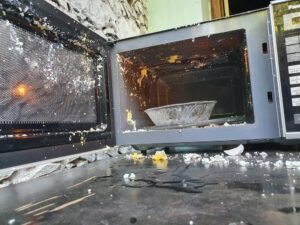
Why Is Microwave Radiation Leakage Dangerous?
While microwave radiation is non-ionizing and generally considered safe inside a properly working oven, any leakage beyond the permitted threshold can pose serious health and safety risks:
1. Tissue Damage
Microwaves heat food by causing water molecules to vibrate, producing heat. If these waves escape and come into contact with human tissue — especially eyes or skin — they can cause burns or internal damage.
2. Increased Health Risks for Sensitive Groups
Children, pregnant women, and people with medical implants like pacemakers are particularly sensitive to radiation exposure. Even minimal leakage over prolonged periods can raise long-term health concerns.
3. Fire or Electrical Hazards
Radiation leakage may indicate deeper electrical issues in the appliance, such as deteriorating insulation, failed components, or short circuits, which could lead to overheating or even fire. To Know More Click Here

Why Microwave Leakage Testing Is Important
Testing isn’t just about compliance — it’s about proactive safety. Here’s why it’s crucial:
1. Ensures Legal and Safety Compliance
Workplace health and safety laws in New Zealand require routine testing and tagging of electrical appliances. This includes microwave ovens in:
- Offices
- Commercial kitchens
- Childcare centers
- Schools
- Hospitals
Microwave leakage testing helps you stay compliant with AS/NZS 3760 standards and avoid fines or shutdowns.
2. Protects Health of Employees and Users
Whether it’s staff heating lunch in a break room or customers in a café, their safety is your responsibility. Regular microwave testing ensures no one is exposed to harmful radiation, maintaining a secure environment.
3. Extends Appliance Life and Prevents Downtime
Microwave leakage may be a sign of deteriorating door seals or internal damage. Early detection allows for preventive maintenance, reducing the need for costly replacements and avoiding unexpected downtime.
4. Improves Brand Image and Trust
If you’re running a business, showing that you take health and safety seriously — by getting regular testing done — builds credibility and customer confidence. It also shows employees that you value their well-being. To Know More Click Here

Why Choose SafeTag for Microwave Leakage Testing?
At SafeTag, we go beyond basic test-and-tag services. Here’s what sets us apart:
- Experienced Technicians – Our team is trained and certified in electrical safety testing, ensuring your equipment is inspected thoroughly and professionally.
- Advanced Testing Equipment – We use precision-calibrated instruments that detect even the smallest levels of microwave radiation leakage.
- Compliance Documentation – We provide detailed reports and tagging labels that are fully compliant with New Zealand standards, making audits and inspections seamless.
- Tailored Solutions – Whether you’re a school, corporate office, or hospitality provider, we adapt our services to your environment, ensuring minimal disruption and maximum safety. To Know More Click Here

Conclusion
Microwave leakage testing might not be the most visible part of workplace safety — but it’s one of the most important. A faulty microwave can silently leak radiation, posing risks to health and safety if not identified early. Regular testing ensures compliance with national standards, protects your staff and customers, and gives you peace of mind.SafeTag is here to help you stay ahead of these risks. With expert technicians, state-of-the-art tools, and a deep commitment to safety, we ensure that every microwave we test is safe, compliant, and ready for everyday use.
SafeTag – Your Safety Partner in New Zealand
Ensure workplace safety and compliance with SafeTag’s professional testing services. We offer certified solutions for Electrical Testing & Tagging, RCD Testing, Microwave Leakage Testing, and Portable Appliance Testing (PAT). Trust our experts for hassle-free, on-site service tailored to your business needs.

